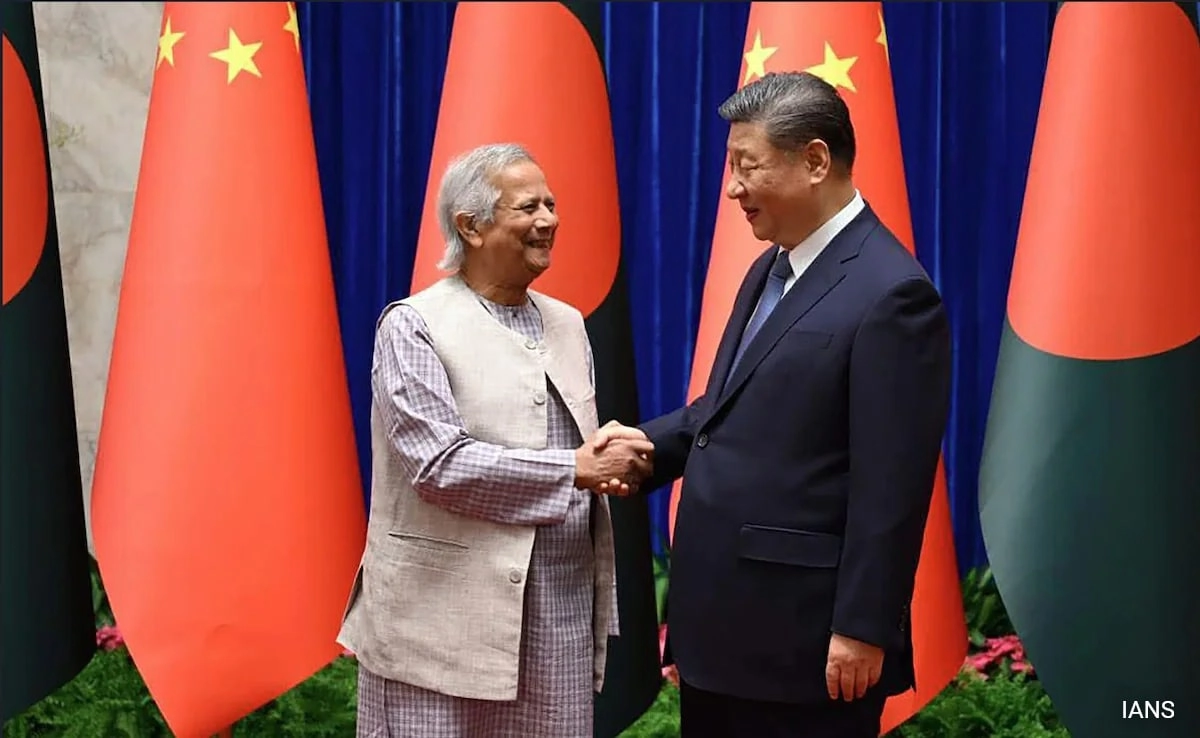Bangladesh has recently called for an extension of its cooperation with China, a move that has raised eyebrows in the context of regional geopolitics, particularly concerning Northeast India. This request comes amid a backdrop of growing Chinese influence in South Asia, which has been met with increasing scrutiny from neighboring countries, including India. The extension of this partnership could potentially include economic, military, and infrastructural collaborations that might shift the balance of power in the region. Such developments pose a veiled threat to India, especially given the historical tensions and territorial disputes that have characterized Indo-Bangladeshi relations.
The relationship between Bangladesh and China has been on an upward trajectory, with China investing heavily in Bangladeshi infrastructure projects under the Belt and Road Initiative. This partnership not only enhances Bangladesh’s economic capabilities but also allows China to expand its influence in a region that India considers its sphere of influence. By seeking an extension of this collaboration, Bangladesh appears to be signaling its intent to strengthen ties with Beijing, which could be interpreted as a strategic maneuver to leverage its position in negotiations with India. This could lead to increased competition for resources and influence in Northeast India, a region that is crucial for India’s security and economic interests.
Furthermore, this situation is compounded by the historical context of India and Bangladesh’s relationship, which has been shaped by issues such as migration, water sharing, and border security. India’s concerns about a strengthened Bangladesh-China alliance are not unfounded, as a more assertive Bangladesh could embolden its stance on contentious issues. Moreover, this development may prompt India to reevaluate its own strategies in the region, potentially leading to an escalation of diplomatic and military engagements to counteract China’s growing footprint in South Asia.
In summary, Bangladesh’s request for an extension of cooperation with China serves as a reminder of the shifting dynamics in South Asian geopolitics. The implications of this partnership extend beyond mere economic collaboration; they signal a potential realignment of alliances that could redefine the balance of power in the region. As Bangladesh deepens its ties with China, India must navigate this complex landscape, balancing its historical ties with its neighbor while addressing the challenges posed by an assertive Chinese presence in its backyard. The evolving situation demands careful observation and strategic planning from Indian policymakers to safeguard national interests in the face of these changing geopolitical currents.




